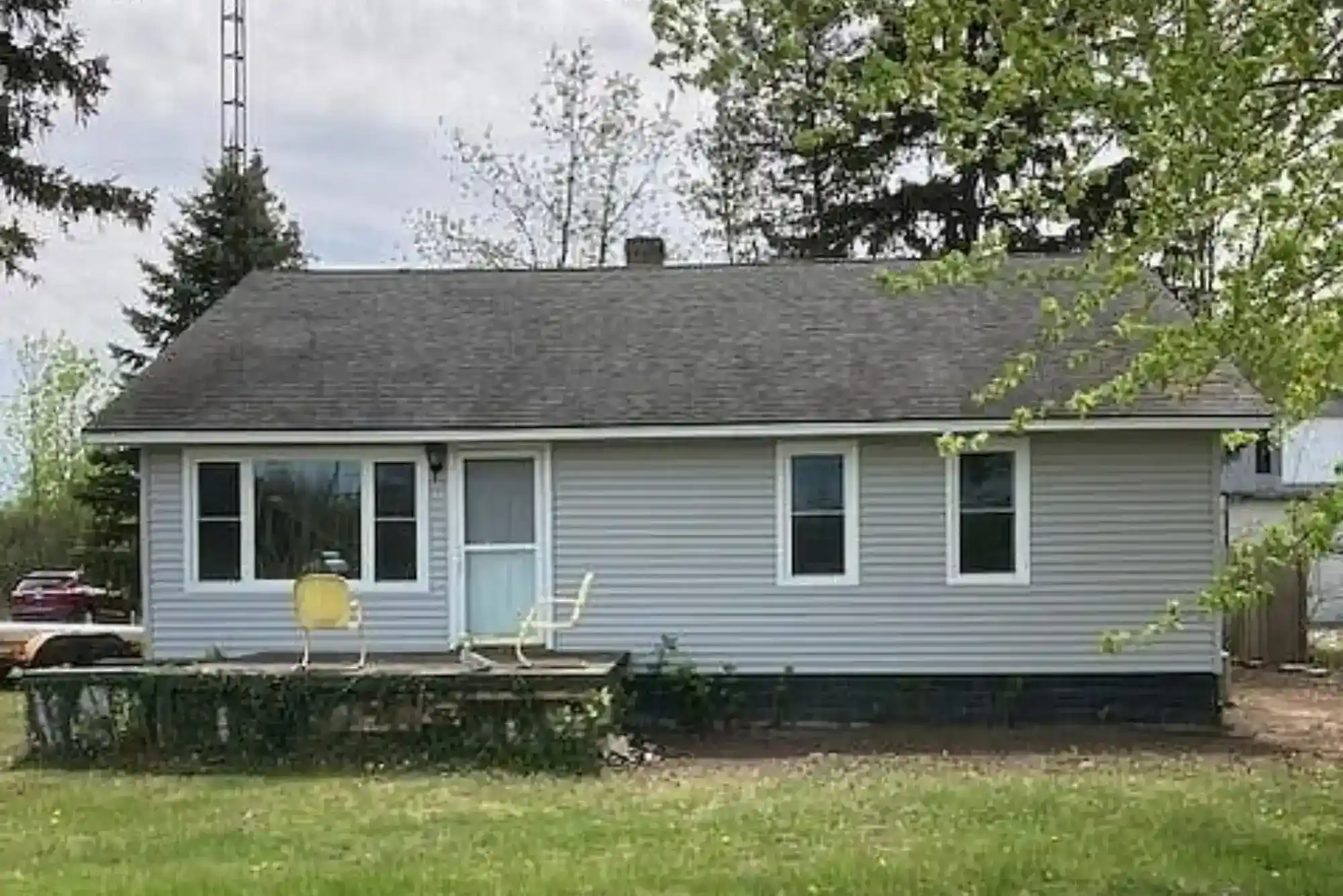The City of Midland, Michigan, is known for its vibrant community, excellent public services, and beautiful neighborhoods. Property taxes play a crucial role in maintaining the city’s infrastructure and services. This article provides an overview of the property tax system in Midland, including tax rates, assessment processes, payment deadlines, and options for appeals.
Understanding Property Taxes in Midland
Property taxes in Midland, MI, are used to fund essential services such as schools, police and fire departments, road maintenance, and public parks. The amount you pay in property taxes is based on the taxable value of your property and the tax rate set by local authorities.
Tax Rates and Assessment Process
The property tax rate in Midland is determined by the millage rate, which is the amount of tax per $1,000 of taxable value. The city and other taxing authorities, like school districts and county services, set these rates. In recent years, Midland has maintained competitive millage rates compared to neighboring cities.
Assessment Process
The taxable value of your property is assessed annually by the City Assessor’s Office. The assessment reflects approximately 50% of the market value of your property as of December 31st of the previous year. Homeowners receive an assessment notice each year, typically in March, which provides the new taxable value and the estimated property taxes for the year.
Paying Property Taxes
Property taxes in Midland are billed twice a year. The summer tax bill is usually due by mid-August, while the winter tax bill is due by mid-February. It’s important to pay your property taxes on time to avoid penalties and interest charges.
Payment Methods
Midland offers several payment methods, including online payments, mail-in checks, and in-person payments at the City Treasurer’s Office. Some homeowners also choose to pay their taxes through an escrow account managed by their mortgage company.
Exemptions and Reductions
Homeowners who use their property as their primary residence may qualify for a Homestead Exemption, which reduces the taxable value of the property. This exemption can result in significant savings on property taxes.
Principal Residence Exemption (PRE)
The Principal Residence Exemption (PRE) is another tax benefit for Midland homeowners. If you own and occupy your home as your primary residence, you may qualify for a reduction in the school operating tax portion of your property taxes.
Appealing Your Property Assessment
If you believe your property has been over-assessed, you have the right to appeal the assessment. Here’s how:
- Review Your Assessment Notice: Check the details on your annual assessment notice for any discrepancies.
- File an Appeal with the Board of Review: If you disagree with the assessed value, you can appeal to the local Board of Review during March. You’ll need to provide evidence, such as recent home sales or an independent appraisal, to support your claim.
- State Tax Tribunal: If you’re unsatisfied with the Board of Review’s decision, you can further appeal to the Michigan Tax Tribunal.
Understanding property taxes in Midland, MI, is essential for homeowners. By staying informed about tax rates, assessment processes, payment deadlines, and available exemptions, you can manage your property tax obligations effectively. If you have concerns about your property’s assessment, remember that you have options for appeal.









